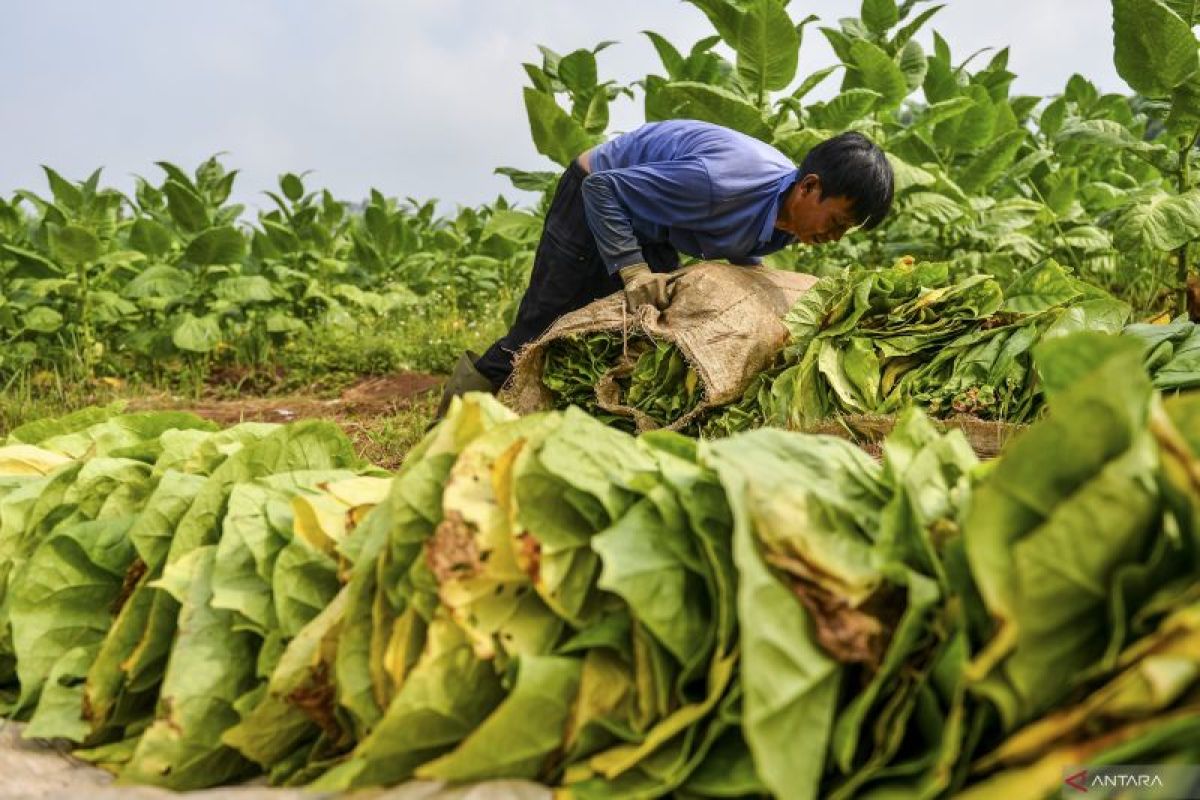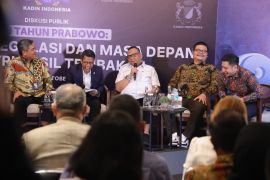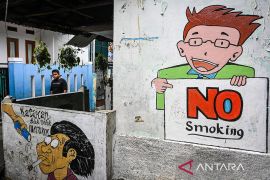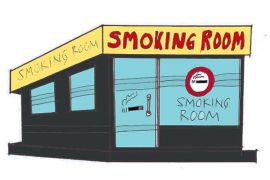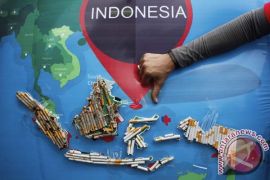Sadewa said he had consulted with major domestic cigarette industry players, where both sides exchanged views on the future of the sector and its tax policy.
"One thing I discussed with them was, do I need to change the excise rates in 2026? They said, as long as I do not change it, it will be enough for them. So I will not change the rates," he said.
Sadewa stressed that other strategies are also being prepared to sustain state revenue and support the cigarette industry's long-term viability.
One measure is to expand tobacco industrial zones, designed to attract illegal producers into the formal system so they can pay taxes fairly.
"So, we're not just defending large companies, but small companies can also participate in the system," he explained.
The government also plans to promote fair business practices while safeguarding jobs. Sadewa said he rejected proposals from big companies to produce cheaper products targeting the market of smaller cigarette firms, arguing such moves could hurt industry balance.
"I have considered such suggestions, but our focus is on ensuring that small companies can survive and that large companies do not have their businesses unfairly disrupted," he said.
The minister added that the expansion plan would begin with an evaluation of existing tobacco industrial zones in Kudus, Central Java, and Parepare, South Sulawesi, before formulating new policies in coordination with local governments.
Related news: RI Govt weighs tobacco tax hike, eyes worker impact
Related news: Indonesia reviews cigarette excise amid forgery, manipulation claims
Translator: Resinta Sulistiyandari
Editor: Anton Santoso
Copyright © ANTARA 2025
